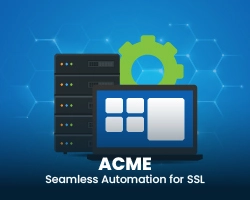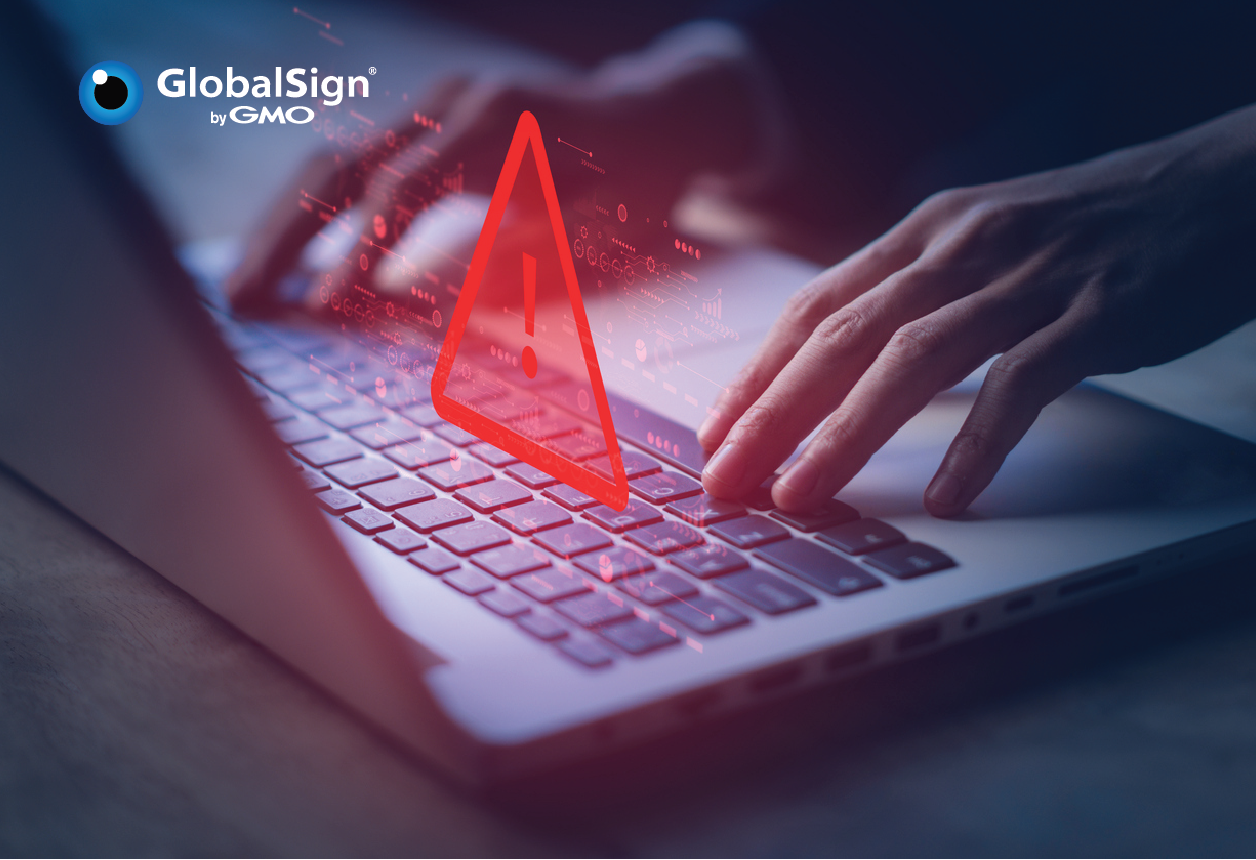Most of us have used a notary service at some point in our life – for legal services like the signing of a trust or will, or for signing documents that involve valuable assets like a car or home. What many people may not realize is that notaries have existed for thousands of years. They were called “sesh” or “scribes” back in Ancient Egypt, and their purpose was very similar to that of the modern-day notary: to oversee the signing and archiving of official records, tax information, and other important documents and communications.
The fact that this role has persisted over so many centuries tells you just how vital it is. The need to protect and archive documents will likely never go away – but the method in which signatures are applied and authenticated is changing as we speak.
Think about the old process of having a document notarized. You’d receive a document that required notarization, you had to drive to an authorized location during business hours, and then you’d have to get it notarized by the correct, qualified individual, deemed a notary public. After that point it was up to you to keep the document safe and deliver it to the necessary receiver. What we never really think about during this process is the archival that happens after the document is notarized and the subsequent ability to prove that it has not been tampered with.
While they apply just as well in to in-person notarizations, strong authentication, non-repudiation, and long-term validity are all necessary features of a digital notarization. When it comes to a digital notarization, some might get confused when thinking about how it’s possible to provide such security. This is where digital signatures and their companion, trusted time stamps, come into the picture. The security and assurance behind a digital notarization is just as necessary as in the face-to-face notarization act we are used to.
New Regulations to Solve an Age-Old Problem
Because of the recent events that have been unfolding with COVID-19, and the way in which businesses have turned to technology to enable their day-to-day interactions, regulations that had previously been put into place for face-to-face processes are going digital. Notaries are experiencing these changes right now. Federal and state regulations are being updated to ensure that online notary interactions are possible and so that the limitations of physical interaction do not impede further on business productivity.
A recent DIA Piper publication informs us that “On March 18, 2020, Senate Bill 3533, the Securing and Enabling Commerce Using Remote and Electronic Notarization Act of 2020 (the “SECURE Act”), was introduced as bipartisan legislation to authorize and establish minimum standards for electronic and remote notarizations that occur in or affect interstate commerce. If the SECURE Act becomes law in its current form, it would authorize every notary in the US to perform remote online notarizations (RON) using audio-visual communications and tamper-evident technology in connection with interstate transactions.
Currently, there are only 23 states that have enacted some form of RON law: Arizona, Florida, Idaho, Indiana, Iowa, Kentucky, Maryland, Michigan, Minnesota, Montana, Nebraska, Nevada, North Dakota, Ohio, Oklahoma, South Dakota*, Tennessee, Texas, Utah, Vermont, Virginia, Washington and Wisconsin.”
Many states who do not already have some form of RON law in place have been forced to issue a workaround due to social distancing. Let’s take the state of Connecticut for example:
“The Connecticut Governor has issued an executive order permitting any notarization to be completed ‘using an electronic device or process that allows a notary public and a remotely located individual to communicate with each other simultaneously by sight and sound.’ The measure is ‘effective through June 23, 2020, unless modified, extended or terminated by” the Governor.’
The order then lists a number of conditions that must be met to perform a remote notarization. These include:
- The signer must be personally known to the Notary or musts present satisfactory evidence of identity at the time of the notarization.
- The Notary must record the complete notarial act and keep the recording for at least 10 years.
- The signer must transmit by fax or electronic means a legible copy of the signed document directly to the Notary on the date it was executed.
- The Notary Public may notarize the transmitted copy of the document and transmit the same back to the signer by fax or electronic means.
GlobalSign, a globally recognized Certificate Authority (CA), issues cryptographic-based, highly trusted digital certificates that can be used by notaries to apply digital signatures and meet these new electronic document transmission and storage requirements for eNotarization. By leveraging the easy-to-use digital signature features in Acrobat DC, Adobe Acrobat Sign, or DocuSign along with a GlobalSign Adobe Approved Trust List (AATL) certificate which includes trusted time stamps, users can:
- Customize their signatures with an image of their notary seal
- Seal the contents of the finalized notarized document
- Protect documents with a tamper-evident seal and provide higher assurance around who signed the document and when
- Produce an Adobe Long-Term Validated signature to prove of authenticity years after the signature was applied
Whether you are a car dealership, title company, insurance broker, law office, health-care provider, real estate agent or any entity that needs to perform a remote online notarization (RON) or securely transmit eNotarized documents, if you have completed the initial steps of RON and wish to utilize security measures to detect changes or errors in your eNotarized document, we can provide that extra measure.
We can also help those looking to automate and scale a full eNotarization solution using our cloud based Digital Signing Solution which can accommodate thousands of document signatures, backed by cryptography and ensuring the highest level of online security.
GlobalSign endorses the trend at the Federal and State level towards the further digitization of notarial acts, unfortunately driven by the worldwide COVID-19 pandemic. Given the urgent need to adopt to this new method, we understand many notaries are not equipped to transition to eNotarization technology. We are here to help with a low barrier to entry digital signing solution that is simple, cost effective, and fast to implement.
If you are looking for immediate/short-term solutions to help you continue business as usual and stay compliant with quickly evolving notary guidelines, or if you are looking to maybe make permanent changes to your daily operations directly inspired by this pandemic, consider all of the benefits of digitizing your processes. Unfortunately, the question is no longer what if, but when, this will happen again!
For more information about digital signatures or how to gain compliance with the new eNotarization regulations, contact us today.






